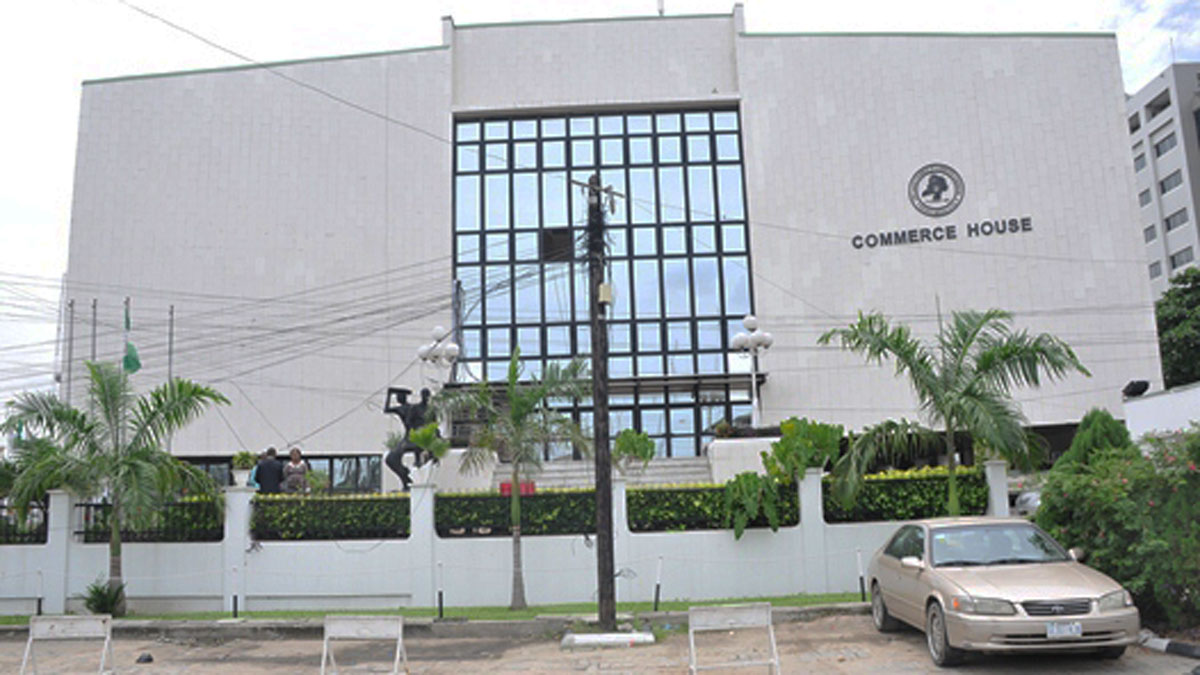
Experts have identified economic and regulatory uncertainties, cultural and religious sentiments, and unwillingness to purchase policies as major setbacks to boosting insurance penetration in the country.
According to them, Nigeria’s insurance industry has hardly grown in real terms in the last 10 years, noting that recent data released by the National Bureau of Statistics (NBS), shows that the sector has contributed only 0.5 per cent to the nation’s Gross Domestic Product (GDP) this year.
Specifically, President, Lagos Chamber of Commerce and Industry (LCCI), Babatunde Paul Ruwase, at the 2019 Insurance Stakeholders Consultative Forum, organised by LCCI in Lagos, said the insurance sector has not shared in the growth experienced by other segments in the financial services sector.
He said unlike the pension funds, mutual funds, and banks, which are all in the financial services sector, the insurance industry has not added any significant growth on Nigeria’s economy in the last decade.He maintained that Nigeria has one of the smallest insurance markets in Africa, with an insurance penetration of 0.3 per cent, which is extremely low when compared with peers in African and emerging economies.
His words: “A report on the Nigerian insurance industry, titled: ‘From Lagoon to the Ocean,’ published by Coronation Merchant Bank, showed that Nigeria’s insurance sector will have to grow by a factor of 10 times in real terms between eight and 10 years to catch up with peers in countries with similar GDP per capita.
“For clarity, insurance penetration is presently at one per cent in Ghana; two per cent in Kenya; four per cent in India, and 17 per cent in South Africa. These numbers suggest that a lot needs to be done to revitalise the sector for penetration to jump from 0.3 per cent to about four per cent by the next decade.
“The Nigerian banking industry expanded at a fast pace after lenders’ minimum capital base was upgraded from N2 billion to N25 billion in 2004. We need to ask ourselves whether the insurance industry has what it takes to expand significantly after the proposed recapitalisation exercise.”
In his remarks, Doyen of Insurance, Olabode Ogunlana, said if the governments and Nigerians had been aware of its importance, and accorded it recognition, both the industry and the nation would be in a better position today.
He maintained the sector has fallen short of expectations, and lost sight of the fact that the best advertisement for insurance is prompt and fair settlement of claims, as most insurers in Nigeria are not friendly rivals.
He urged players in the industry to collaborate and have a common objective in identifying the difference between the need and the demand for insurance, saying that demand is low, and has contributed to the slow insurance penetration.
Chairman, Insurance Trade Group (ITG), LCCI, Gboyega Olanbiwoninu, said it is ironic that Nigeria’s insurance industry has continued to underperform, in spite of its huge potential and window of opportunities, due to multifarious reasons.
He maintained that the forum was part of ITG’s initiatives to rally operators to discuss issues that are germane to the future of the industry, noting that the theme, ‘Insurance Today and Future’ was strategically selected to deliberate on the challenges confronting the sector, and possibly chart a new course for it.
“As you are aware, the LCCI is one of the pivotal institutions, which plays critical roles in advocacy, and stimulation of ideas for the growth of our national economy. ITG by extension has the mandate to improve insurance penetration level and accelerate its relevance to the nation’s economy.
“This event, motivated by the need to bring together the key stakeholders, including the insurance regulator, the operators and the insuring public; among others, is expected to throw up some of the challenges faced by the industry as well chart the strategic road map for sustainable growth,” he said.



